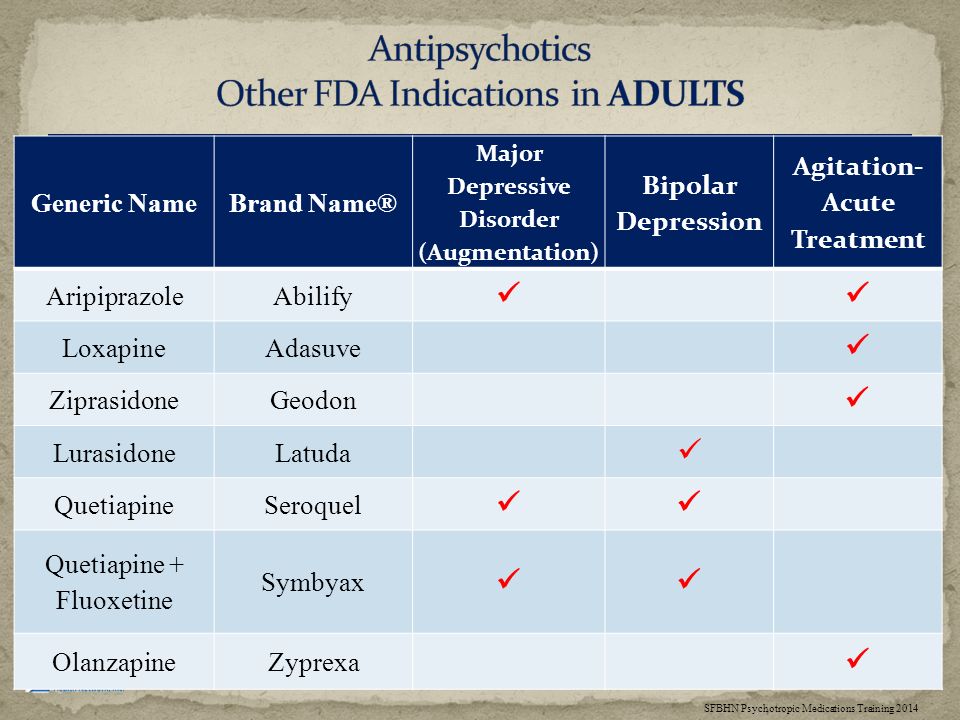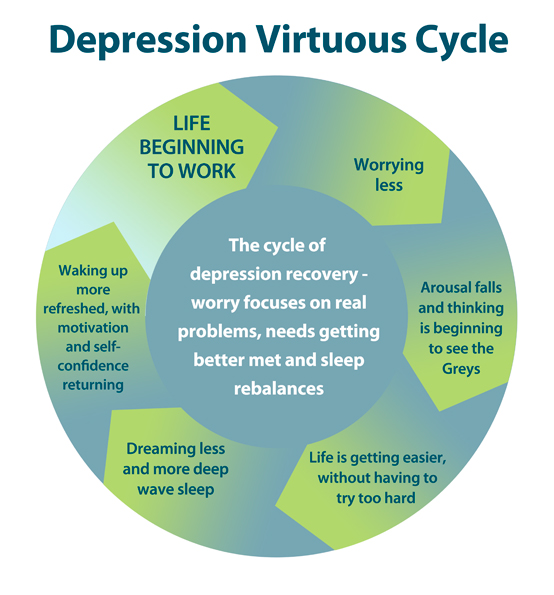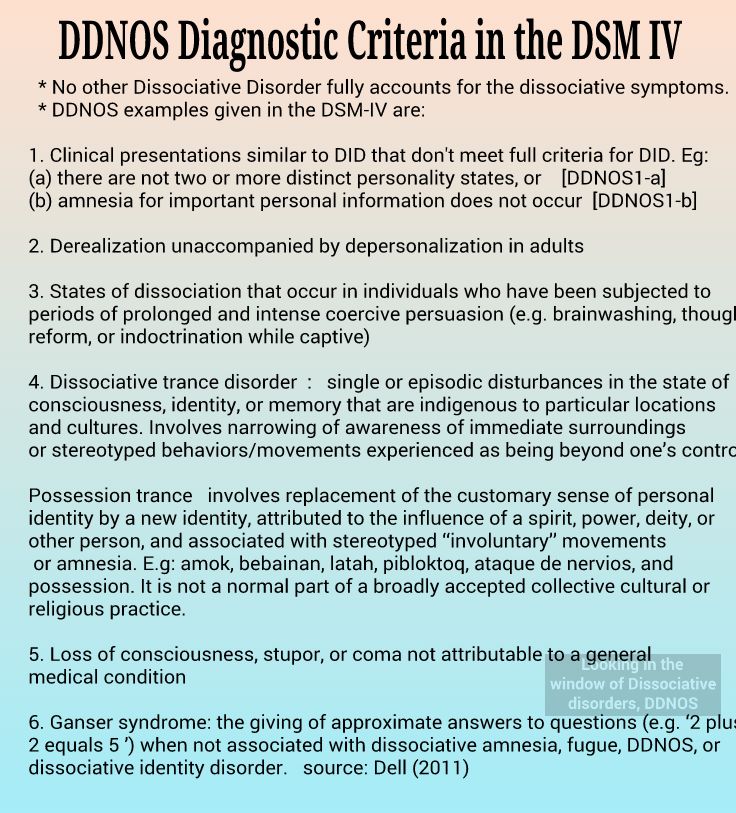Restoring mental health
Ten Things You Can Do for Your Mental Health
Try these tips to keep your balance, or re-balance yourself.*
1. Value yourself:
Treat yourself with kindness and respect, and avoid self-criticism. Make time for your hobbies and favorite projects, or broaden your horizons. Do a daily crossword puzzle, plant a garden, take dance lessons, learn to play an instrument or become fluent in another language.
2. Take care of your body:
Taking care of yourself physically can improve your mental health. Be sure to:
- Eat nutritious meals
- Avoid smoking and vaping-- see Cessation Help
- Drink plenty of water
- Exercise, which helps decrease depression and anxiety and improve moods
- Get enough sleep. Researchers believe that lack of sleep contributes to a high rate of depression in college students.
3. Surround yourself with good people:
People with strong family or social connections are generally healthier than those who lack a support network. Make plans with supportive family members and friends, or seek out activities where you can meet new people, such as a club, class or support group.
4. Give yourself:
Volunteer your time and energy to help someone else. You'll feel good about doing something tangible to help someone in need — and it's a great way to meet new people. See Fun and Cheap Things to do in Ann Arbor for ideas.
5. Learn how to deal with stress:
Like it or not, stress is a part of life. Practice good coping skills: Try One-Minute Stress Strategies, do Tai Chi, exercise, take a nature walk, play with your pet or try journal writing as a stress reducer. Also, remember to smile and see the humor in life. Research shows that laughter can boost your immune system, ease pain, relax your body and reduce stress.
6. Quiet your mind:
Try meditating, Mindfulness and/or prayer. Relaxation exercises and prayer can improve your state of mind and outlook on life. In fact, research shows that meditation may help you feel calm and enhance the effects of therapy. To get connected, see spiritual resources on Personal Well-being for Students
To get connected, see spiritual resources on Personal Well-being for Students
7. Set realistic goals:
Decide what you want to achieve academically, professionally and personally, and write down the steps you need to realize your goals. Aim high, but be realistic and don't over-schedule. You'll enjoy a tremendous sense of accomplishment and self-worth as you progress toward your goal. Wellness Coaching, free to U-M students, can help you develop goals and stay on track.
8. Break up the monotony:
Although our routines make us more efficient and enhance our feelings of security and safety, a little change of pace can perk up a tedious schedule. Alter your jogging route, plan a road-trip, take a walk in a different park, hang some new pictures or try a new restaurant. See Rejuvenation 101 for more ideas.
9. Avoid alcohol and other drugs:
Keep alcohol use to a minimum and avoid other drugs. Sometimes people use alcohol and other drugs to "self-medicate" but in reality, alcohol and other drugs only aggravate problems.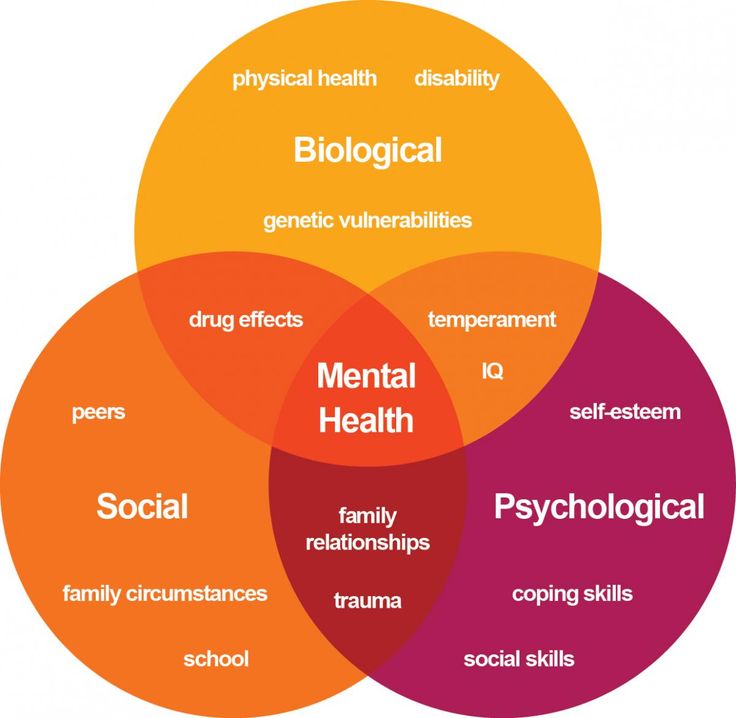 For more information, see Alcohol and Other Drugs.
For more information, see Alcohol and Other Drugs.
10. Get help when you need it:
Seeking help is a sign of strength — not a weakness. And it is important to remember that treatment is effective. People who get appropriate care can recover from mental illness and addiction and lead full, rewarding lives. See Resources for Stress and Mental Health for campus and community resources.
*Adapted from the National Mental Health Association/National Council for Community Behavioral Healthcare
6 Ways to Recover Your Mental Health
If you are emerging from a period of mental distress, the most important thing to remember is that you are the key person on the treatment team.
Although other people can give you advice, encouragement, recommendations and even love, the ultimate person in charge of helping you get better is you. There are practical, doable, affordable steps you can take to work on your recovery. By regularly following these steps, you can regain stability and get on with life.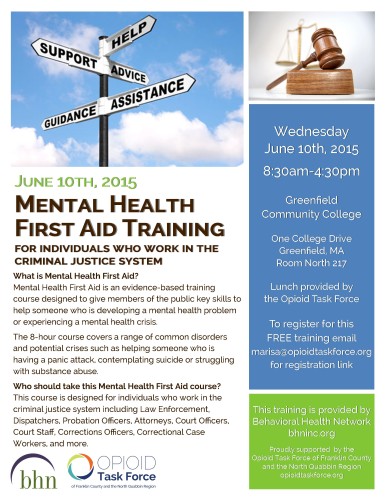
1) Remind yourself that you are not alone
At some point in their lives, fully 20% of Americans report that they have symptoms of mental illness. That’s one-in-five people! Sometimes life hands out more stress than a person can bear. Sometimes a person’s coping skills aren’t up to the task of coping. And sometimes mental health issues seem to descend out of the blue. Whatever the case, mental illness is not something to be ashamed of. Yes, there may be some people in your life who won’t understand or who will blame you, or who will say things that are insensitive or unhelpful. But most people will only want to help.
2) Pay attention to your body as well as your mind
What looks like mental illness isn’t always in a person’s head. If you are feeling uncomfortable in your own skin; if you are feeling emotionally fragile; if you are experiencing or re-experiencing symptoms of what you know to be mental illness – see your medical doctor first. Thyroid disorders, heart problems, even vitamin deficiencies can create symptoms that resemble mental illness.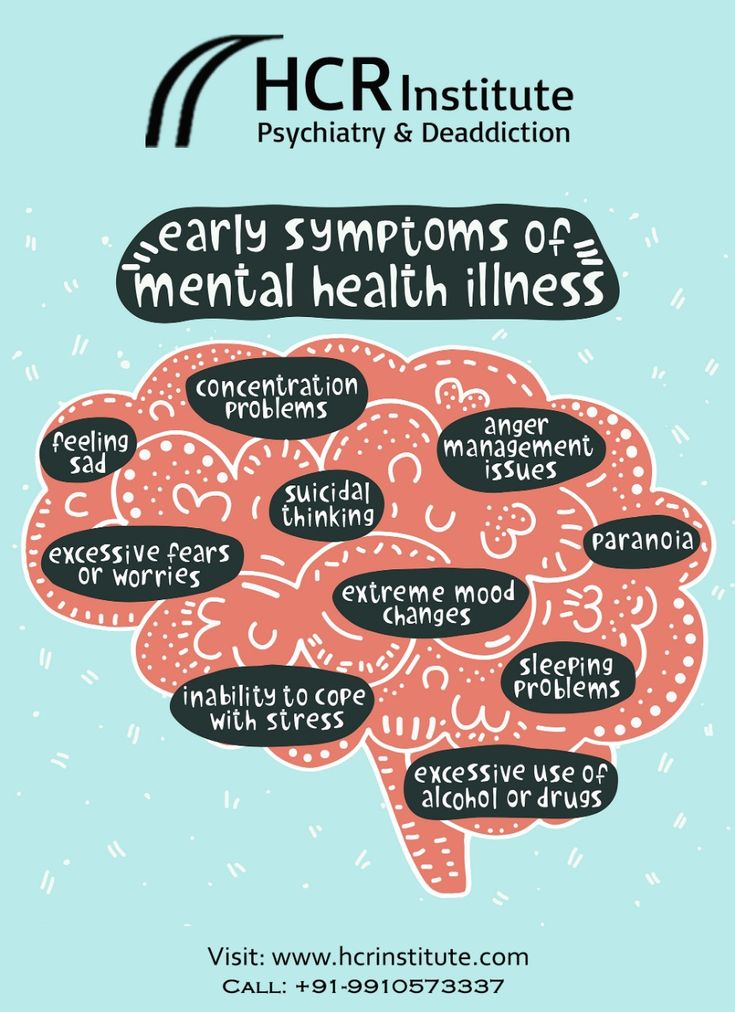 Make sure you are physically healthy before you decide you have a psychological problem. If you find out you are medically fine but you still feel distressed, then it’s time to talk to a mental health professional.
Make sure you are physically healthy before you decide you have a psychological problem. If you find out you are medically fine but you still feel distressed, then it’s time to talk to a mental health professional.
3) Take care of your body — even when (especially when) you don’t feel like it
Some people say they will take care of themselves once they feel better. It really doesn’t work that way. You will begin to feel better if you pay attention to self-care. Your mind needs a healthy body if you are to recover. Eat regular healthy meals. Limit caffeine and sugar. If you don’t feel like cooking, order take-out or stock up on frozen dinners that just require a zap in the microwave. Get enough sleep (which often means staying off screens after dinner time). Go for walks or exercise in another way that appeals to you. Take a shower and get dressed in clean clothes every day even if it feels like a lot of useless effort. If you treat yourself as if you are someone worth treating well, you will start to believe it.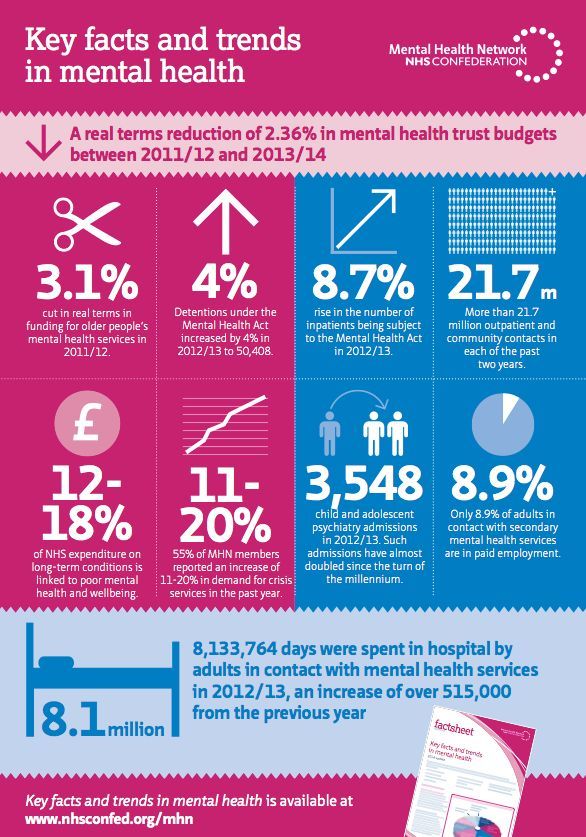
4) If your doctor prescribes medication, take it as prescribed
Make sure you understand what the doctor thinks your medicine will do for you as well as the possible side-effects.
Don’t improvise. Take only the medicine you have been given, at the right dosage, at the prescribed times. Pay attention to whether you should take your medicine on an empty stomach or with food. Ask your doctor if there are foods or over-the-counter medications or supplements you should avoid. And, by all means, stay away from alcohol and recreational drugs!
If your medicine makes you uncomfortable in any way, talk to your doctor about it. Don’t just quit. Many psychiatric drugs need to be curtailed gradually, not abruptly, if you are to stay safe. Your doctor may recommend a change in dosage or a change in medication.
5) Go to therapy
The treatment of choice for most disorders is a combination of medication (at least for awhile) and talk therapy. A therapist will provide you support and encouragement.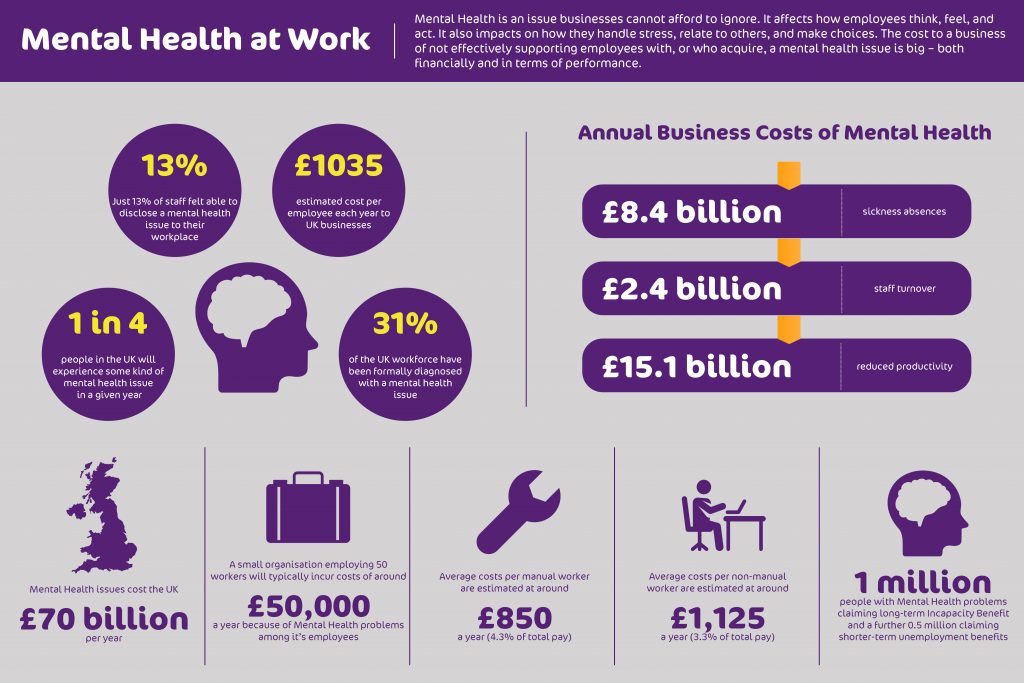 Regular participation in your therapy will help you figure out how to better help yourself — but only if you take it seriously. A therapist is not a mindreader. A therapist only has what you tell him or her to work with. For therapy to be effective, you need to dig in and share your thoughts and feelings and to be willing to think carefully about ideas and suggestions your therapist makes.
Regular participation in your therapy will help you figure out how to better help yourself — but only if you take it seriously. A therapist is not a mindreader. A therapist only has what you tell him or her to work with. For therapy to be effective, you need to dig in and share your thoughts and feelings and to be willing to think carefully about ideas and suggestions your therapist makes.
If you don’t think the therapy is helping you or you don’t like your therapist’s approach, don’t just quit. Talk about it. These are the discussions that often lead to the most important new information about what is happening or how best to help.
6) Reach out to others
Isolating (not talking to or spending time with others) may be tempting but it won’t help you. People do need people. Call a supportive friend or family member just to talk now and then. Join an online forum or support group. If you can’t find someone to talk to when you need to, call a warm-line or hotline. Once you are feeling even a little up to it, get involved in a charity or cause. Doing things with others for others is the best way to build your own self-esteem.
Doing things with others for others is the best way to build your own self-esteem.
Recovery from mental illness sometimes does happen like magic, with symptoms disappearing as mysteriously as they arrived. But that’s really, really rare. Most of the time, recovery takes active treatment. But your professional helpers can only do so much. They need you to be an interested and active member of the team. By committing yourself to self-help as well as other-help, you can regain your stability — and your happiness — much more quickly.
7 Scientific Ways to Improve Mental Health
Despite advances in medicine, the incidence of mental illness is increasing year by year. Modern man is subject to daily stress and information overload, and some scientists speak of an epidemic of loneliness. All this is fertile ground for the development of mental disorders. In this article, we'll talk about what threatens mental health problems and what you can do to improve it.
Everyone in today's world needs to be able to cope with everyday stress. You can get a complete theoretical understanding of the phenomenon of stress and master in practice the most effective ways of coping with strong psycho-emotional states on our online program "Mental Self-Regulation".
You can get a complete theoretical understanding of the phenomenon of stress and master in practice the most effective ways of coping with strong psycho-emotional states on our online program "Mental Self-Regulation".
What is mental health
Mental (or mental) health refers to the state of our emotional, psychological and social well-being. Here is how the World Health Organization defines it:
Mental health is a state of well-being in which each person realizes their potential, is able to cope with the normal stresses of life, can work productively and fruitfully, and contribute to society.
Over the past 50 years, the mental health of the world's population has been steadily deteriorating.
Generation Z, which includes those born between the mid-1990s and mid-2000s, has the worst mental health scores. According to a survey by the American Psychological Association (APA), 27% of Gen Zers report mental health problems, compared to 15% of Millennials, 13% of Gen Xers, 7% of Baby Boomers and 5% of older adults.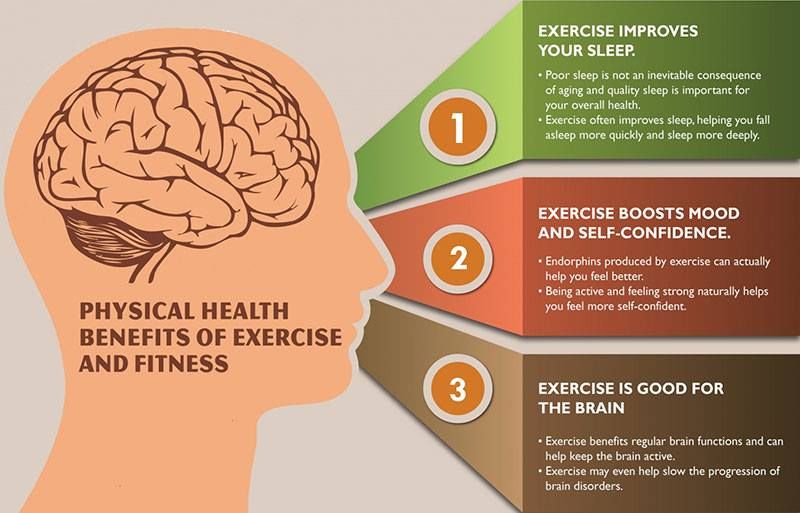
Why is mental health so important?
The influence of physical illnesses and illnesses such as cancer or diabetes is evident. We do our best to prevent these ailments through diet, exercise, medication, and doctor visits. But unfortunately, many leave mental health by the wayside. We do not think that it is on the same level of importance as physical health. However, the reality is that it is just as, if not more, important.
Your mental health affects every element of your life, from work to relationships with significant people, family members and friends. Your sleep, mood, motivation and intelligence depend on it. Finally, constant stress can also cause physical illnesses, such as stomach ulcers.
People often do not notice mental health problems and take no action. The US Department of Health and Human Services recommends looking out for these hidden signs:
- you are eating too much or too little;
- you sleep too much or too little;
- you lack energy;
- you have constant mood swings;
- you are constantly in conflict with loved ones;
- you often feel confused, angry or irritated.
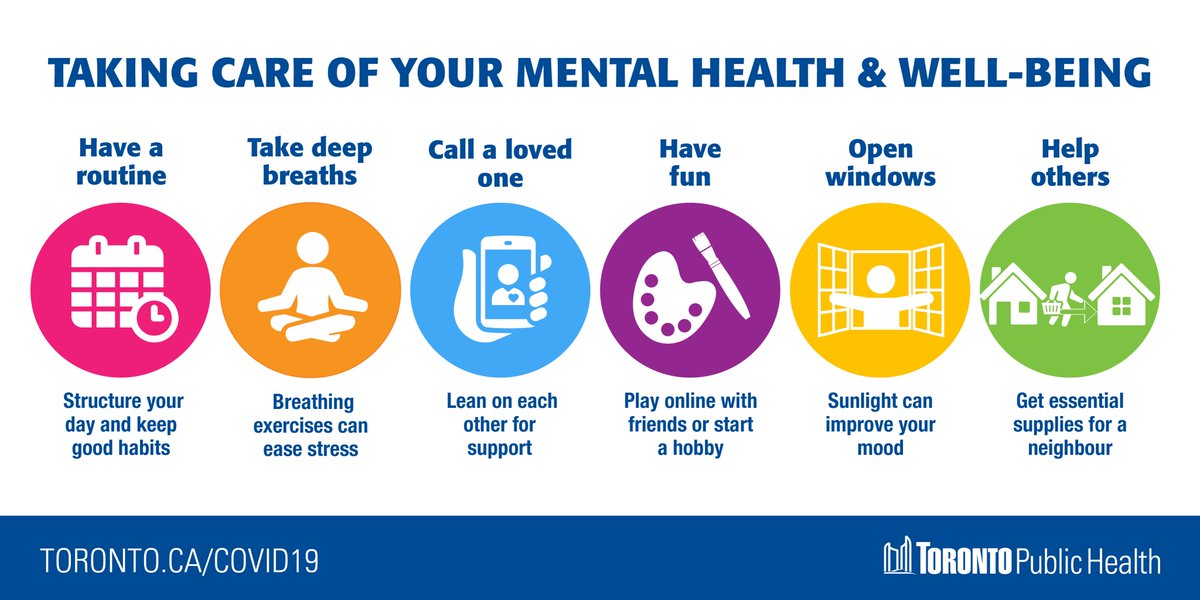
If you notice anything on this list, see a specialist: a psychologist or psychotherapist. But still, before visiting a doctor, you can use our recommendations.
7 Ways to Improve Your Mental Health
Even if you don't have a diagnosed condition such as anxiety or depression, it's important to prioritize your emotional well-being and continually strive to improve it.
1
Maintain healthy relationships
Loneliness is an epidemic in the modern world. More people than ever are feeling isolated, anxious and overwhelmed. One study [Julianne Holt-Lunstad] showed that loneliness has the same effect on life expectancy as obesity or smoking, and reduces it by 15 years.
Strong interpersonal relationships benefit us in many ways. It helps to feel like part of a community, gives meaning to life, makes us feel important, and keeps us confident that we have people we can rely on during difficult times.
2
Use social media wisely
In general, having social contacts is associated with improved mental health. However, maintaining friendships through Facebook and other social networking sites can be fraught with problems.
However, maintaining friendships through Facebook and other social networking sites can be fraught with problems.
Research [Ethan Kross, 2013] shows that people feel worse after viewing the posts of more successful friends. Other studies show that excessive use of social networks increases the risk of depression [Melissa G. Hunt, 2018], anxiety, impairs sleep and reduces self-esteem [Heather ClelandWoods, 2016].
This does not mean that you should retire from social networks. However, try to limit their use, unsubscribe from people you don’t need, and also adhere to the rules of information hygiene.
3
Exercise
Exercise will help you sleep better, make you feel more relaxed and increase the production of endorphins that will lift your spirits.
You don't need to practice high intensity interval training to reap the benefits of exercise. According to the National Institute of Mental Health, just 30 minutes of walking every day can improve your mood and reduce stress.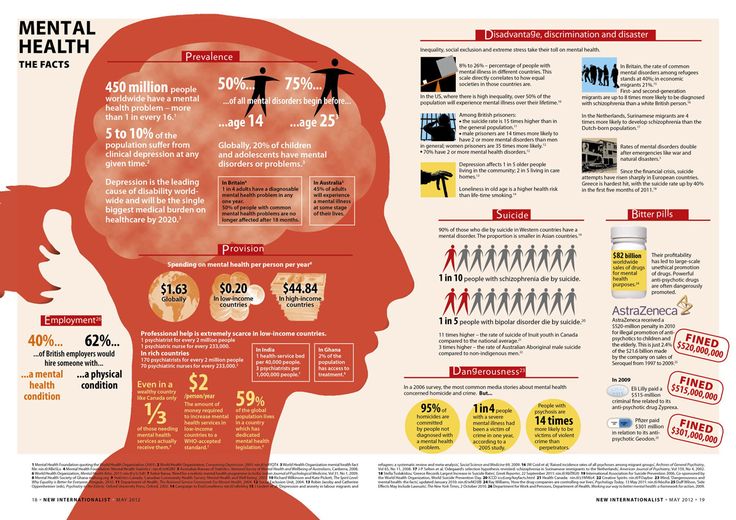 Plus, just five minutes (that's the length of one song) of aerobic exercise or cardio can help reduce anxiety (according to the Anxiety and Depression Association of America (ADAA).
Plus, just five minutes (that's the length of one song) of aerobic exercise or cardio can help reduce anxiety (according to the Anxiety and Depression Association of America (ADAA).
However, the US Department of Health recommends 150 minutes of low-intensity exercise (walking or biking) or 75 minutes of more vigorous activity (running) per week for maximum benefit.
4
Get yourself a healthy sleep
Another study [Gillin J. C., 1998] showed that people who reported insomnia were four times more likely to become depressed over the next three years. Scientists have determined [Conor J Wild, 2018] that a person needs 7-8 hours of sleep for the normal functioning of the brain.
However, time is not the only indicator of quality sleep. If you wake up 10 or 15 times every night, you won't feel like you've had a good night's sleep and rest. If you are familiar with this problem, try practices that will help you achieve better sleep, such as meditation.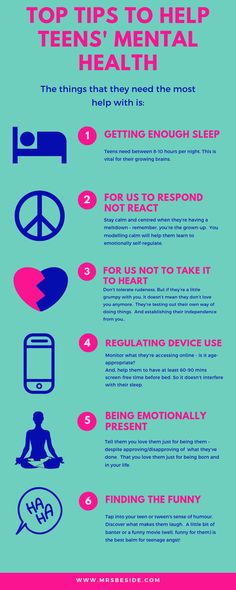
Exercise every day, eat a well-balanced diet, and try to avoid things like caffeine, alcohol, and smoking that can interfere with sleep. Keep your bedroom dark, cool and quiet.
5
Spend at least two hours a week in nature
Scientists have long noticed that connecting with nature improves mental health. A study published in June 2015 in Proceedings of the National Academy of Science [Gregory N. Bratman, 2015] found that a 90-minute walk in nature can reduce brain activity in an area called the subgenual prefrontal cortex. This area is active when we reflect on negative thoughts. Walking along a busy road did not calm this area.
This is just one of many similar studies. In 2018, scientists found [Wilma L. Zijlema, 2018] that people who traveled daily through the natural environment have the best indicators of mental health.
Scientists advise [Mathew P. White, 2019] to spend at least two hours a week or 15-20 minutes daily in nature to achieve the optimal effect.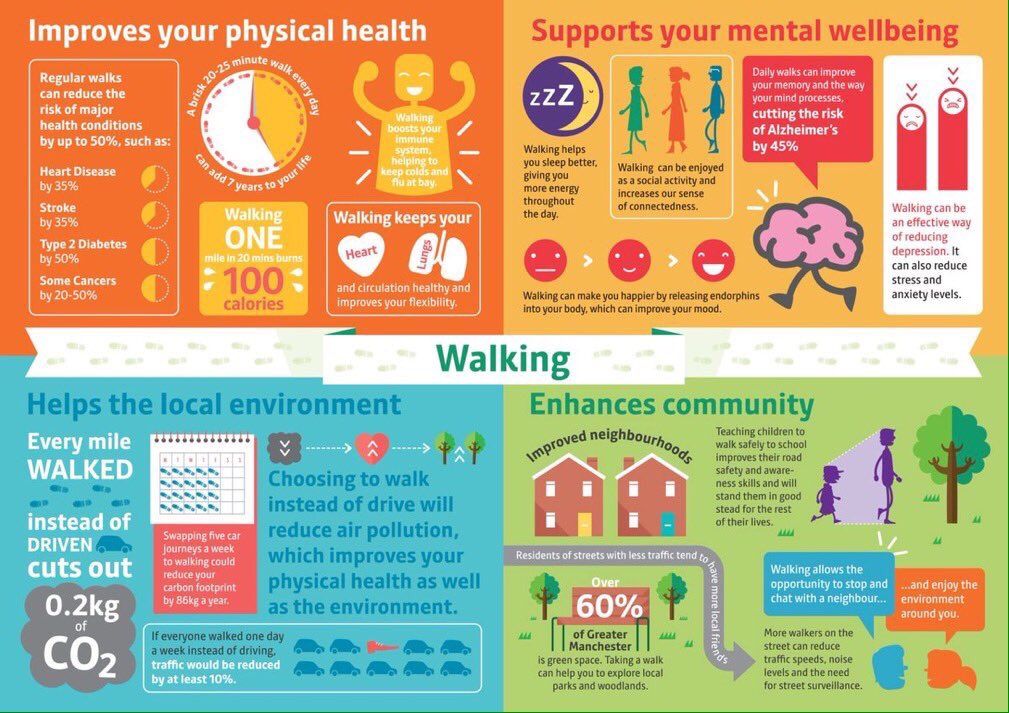
6
Learn new things
According to the UK National Health Service (NHS), learning is another way to support mental health.
The NHS claims that people who continue to learn after leaving school and university report higher well-being and greater ability to cope with stress. Setting goals and achieving them can create positive feelings of self-fulfillment. Learning often involves interacting with other people. It can also increase your well-being by helping to build and strengthen social relationships.
Keep learning all your life: take a cooking class or try mnemonics, take first aid training or learn how to set up social media ads. The main thing is to learn something new every day.
7
Practice gratitude
If you have ever felt excessive anxiety, stress, or depression, you are probably familiar with the onslaught of endless negative thoughts. One of the best ways to deal with this is to practice gratitude.
There are countless ways to practice gratitude.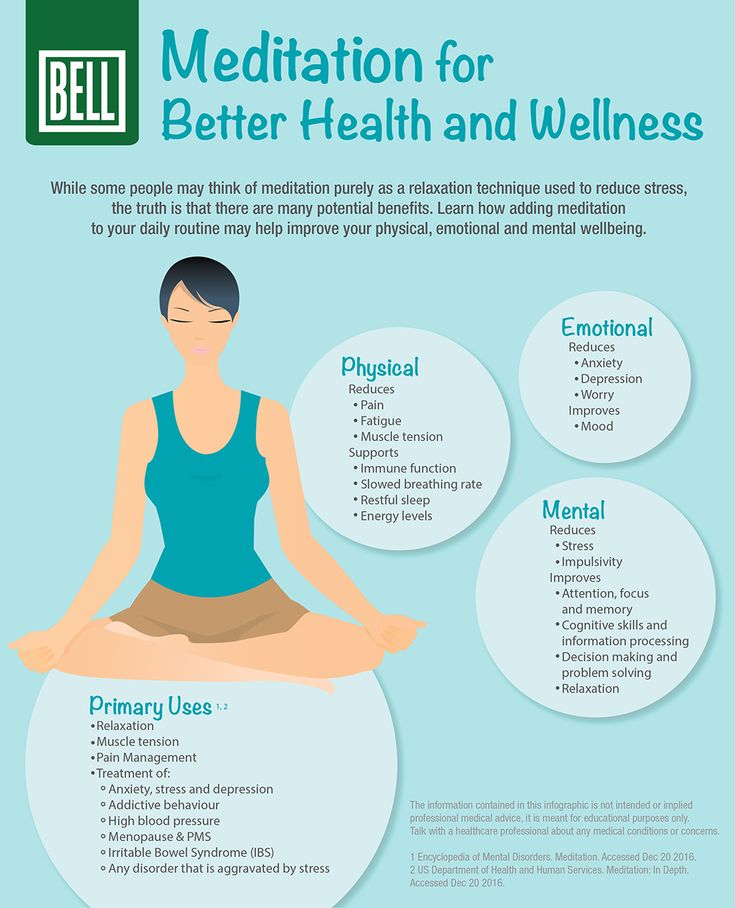 One simple and effective way is to keep a gratitude journal every morning or evening. Spend 10 or 15 minutes writing down small or big moments and things you are grateful for. Try to list 3 to 10 things. It could be your family, work, good weather, or a compliment from a colleague. As research shows [Wong Y. J., 2018], this method really works.
One simple and effective way is to keep a gratitude journal every morning or evening. Spend 10 or 15 minutes writing down small or big moments and things you are grateful for. Try to list 3 to 10 things. It could be your family, work, good weather, or a compliment from a colleague. As research shows [Wong Y. J., 2018], this method really works.
Resume
Judging by current trends, the mental health of a person of the future is under threat. In addition, people pay less attention to it than to the physical. By following these tips, you can help keep your brain healthy and active:
- Maintain existing relationships and make new friends.
- Use social media with care.
- Exercise.
- Sleep 7-8 hours a day.
- Walk in nature for at least 2 hours a week (or 15-20 minutes a day).
- Learn new skills.
- Practice gratitude.
These tips don't take too much of your time, but they provide many additional benefits. And the 4brain team wishes you good physical and mental health!
And the 4brain team wishes you good physical and mental health!
Keywords:1Psychoregulation
11 Ways to Improve Your Mental Health
Experts estimate that one in six people experienced some mental health problem in the past week. It can be your friend, colleague or even yourself…
The mental state is a taboo subject for many of us, but often it is an exhausting daily struggle with a series of failures and a fight with an invisible enemy. And just as there is no one-size-fits-all diagnosis, whether it be major depression or mild nervousness, there is no one-size-fits-all treatment.
However, there are methods that will at least help reduce stress and anxiety by reducing the burden on the psyche. In this article, Shayan Kadir, Personal Growth Coach and Sanctus Masterclass, shares 11 ways you can improve your mental well-being.
1. Enter the flow state
“Flow is the state in which you allow your mind and body to merge into each other. If we do something every day, we can enter this state when we are immersed in our activity with our head. There are many activities that help you get into the flow state, such as running, meditating, doing art, and even typing on a keyboard. As soon as you find "your" flow, you will feel that time seems to have stopped, and all worries go away. At first it will take practice, you will come closer to this state each time, and in the end the body will do everything for you.
If we do something every day, we can enter this state when we are immersed in our activity with our head. There are many activities that help you get into the flow state, such as running, meditating, doing art, and even typing on a keyboard. As soon as you find "your" flow, you will feel that time seems to have stopped, and all worries go away. At first it will take practice, you will come closer to this state each time, and in the end the body will do everything for you.
2. "Will it matter in...?"
“When you're very upset about something, it's easy to lose sight of the longer term. Ask yourself: “Will this matter in a week? A month later? In a year?" Your condition right now may not match how important the problem will be in a while, and these questions will help you look at the situation from a different perspective in order to understand how to respond to it. And if the issue is still important in a year, these questions can change how you act in such a situation.
3.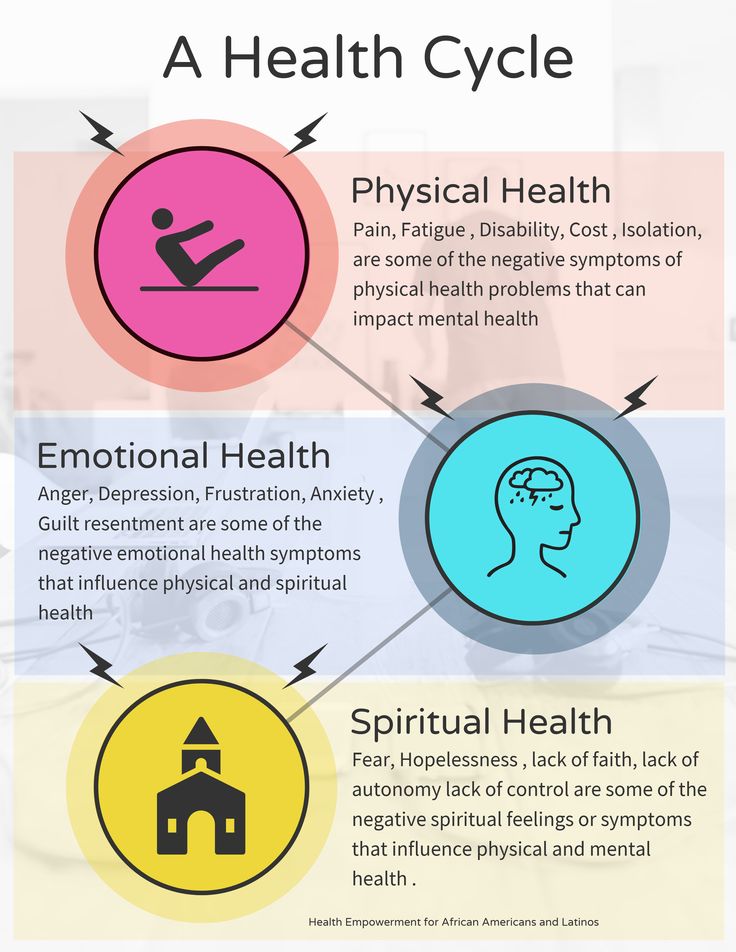 Get back to nature
Get back to nature
“The Japanese have a concept of “forest bathing” – it means spending time in nature and walking among the trees. It helps restore the natural balance of our body. Stress, anxiety, global issues, city life, constant activity in social networks - all this causes tension, and a break from such a load, even if it's just time spent in nature, is very beneficial for our physical and mental health.
Adventure on the horizon
© David Sodomka
4. Control your breath
“Quite often, when we get too caught up in our thoughts, stress causes us to lose control of ourselves, become anxious and even panicky, and a good way to break this is to focus on breathing. Take deep breaths, paying attention to how you breathe, and remain calm so that your worries do not throw you off balance, causing a panic attack. Some triggers appear before an attack - this is rapid breathing, heaviness in the chest, tension in the shoulders and throughout the body.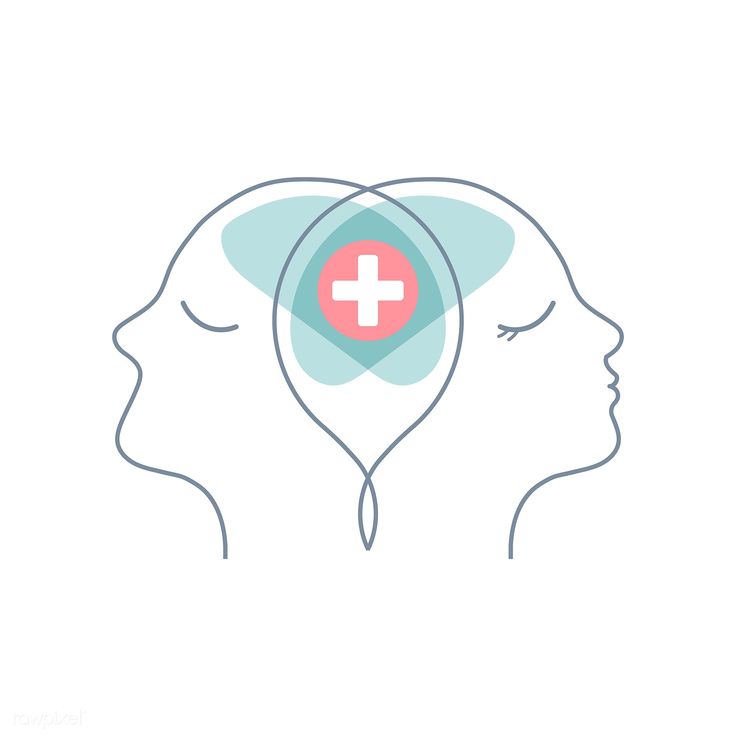 Focus on what feels wrong and ask yourself, "How can I get out of this?"
Focus on what feels wrong and ask yourself, "How can I get out of this?"
5. Name your critic
“Most people think we only have one inner voice. In fact, there are at least two such voices contradicting each other, and the next time one of them declares in an internal monologue that you are not good enough, remember that this “critic” is not the only one who has the right to vote. Give him a name and character, and the next time you hear something self-deprecating from him, you will realize that “critic” is not the only thought and you can challenge him.”
6. Move more
“Set aside time for stretching, strength training, cardio, or even brisk walking – it will have a noticeable effect on your mental state. From a biological point of view, we as hunters and gatherers are designed to move - every day we need to go in search of food, and then come back. Therefore, if we sit at the table all day, spending all our energy on the work of the head, we seem to “disconnect” from the body.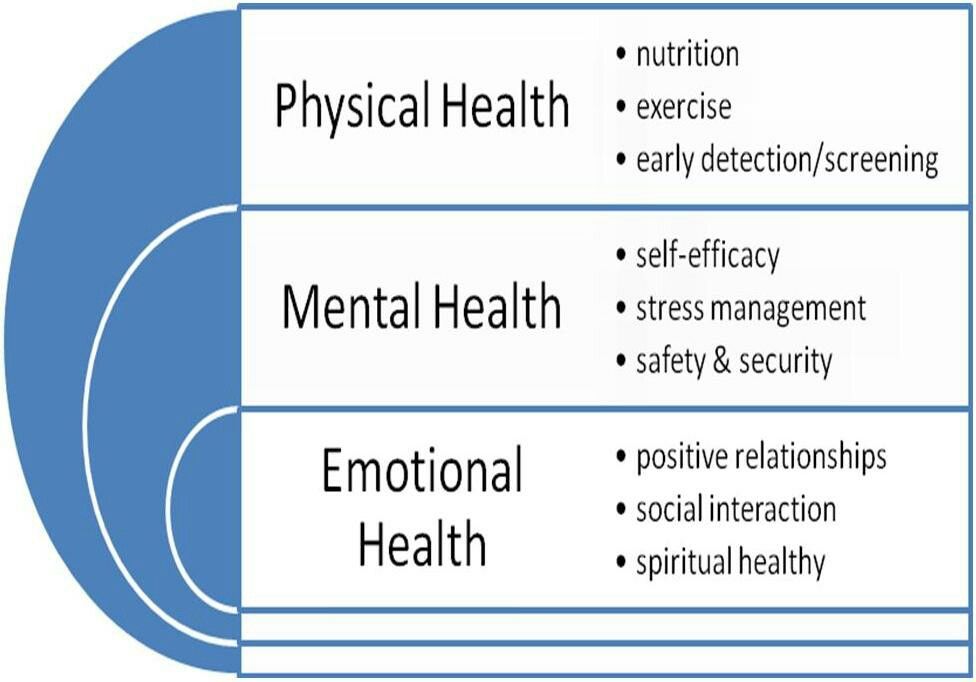 Take regular breaks to move around - this will have a significant impact on your brain.
Take regular breaks to move around - this will have a significant impact on your brain.
7. Talk to people
“Many people are reluctant to talk to family and friends about psychological problems. This will be a difficult but important step, because then you will be able to say what you think - as opposed to the usual "everything is fine" when in fact "everything sucks." Believe it or not, the eternal positivity has its downsides. For example, if you are grieving for someone close, and your motto is to think positively, forget about everything and move on, there will remain a need inside you to release grief. I saw many people who, even a few years later, the tragedy did not live through this grief and still cannot come to their senses. It is very important to allow yourself to experience the full range of emotions. If sometimes you allow yourself to be sad, then sadness passes faster.
Sascha DiJulian, Mathilde Söderlund and Brett Harrington
© Novak/Red Bull Content Pool
8. Help
look at the situation from the other side. It also releases endorphins, making us feel better. You can do charity work or simply write to someone and see if they need help. What is very simple for ourselves may be very difficult for other people, but you will not know about it if you do not ask. Helping others will give you a deep sense of belonging.”
9. Create
“Make time for activities that strengthen the connection between the left and right hemispheres of the brain. As people age, they forget what it means to simply enjoy life, play and invent games, as we did in childhood. That's why it's good to find time for creative pursuits, whether it's painting, music, singing, dancing, designing, building, cooking, or decorating. If your mental state leaves much to be desired, creativity will help you find healing by expressing yourself in a new way.”
10. Work on your sleep patterns
“Significant levels of stress and anxiety are associated with not being able to get a good night's sleep.

